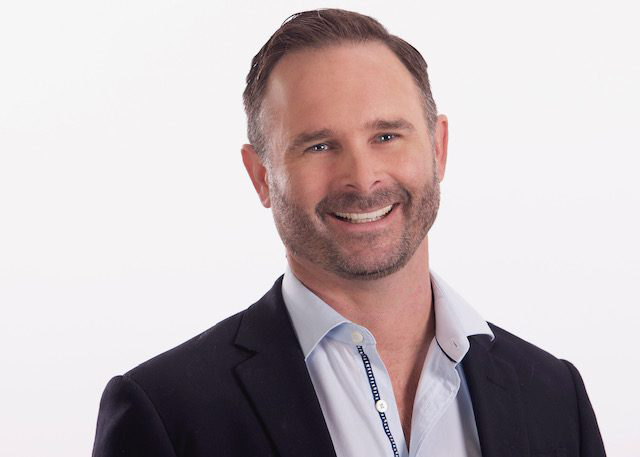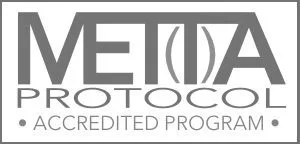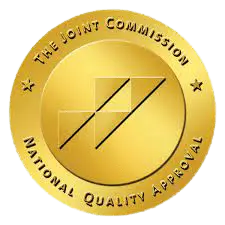The men and women who serve in the military deserve our highest respect. They took an oath and sacrificed many things to uphold and protect our freedoms. As veterans return home to resume their civilian lives, many struggle with their emotions and the transition back to “normal.” To cope with their feelings, a significant percentage of veterans turn to substances as a coping mechanism. In many cases, veterans who turn to drugs and alcohol develop substance abuse and mental health issues that wreak havoc on themselves, their families, and sometimes their communities.
This article will discuss the addiction and mental health challenges among veterans. Also, we will discuss the importance of veteran’s drug rehab programs and their role in helping them restore their physical and mental health. If you or a loved one needs veterans mental health treatment, SEE Purpose should be your first phone call. We offer intensive substance abuse and mental health treatment services that are evidence-based and personalized to meet your specific needs.
Invest in your health and future and call SEE Purpose today to learn more about our top-rated drug and alcohol rehab in Indiana.
What Are the Addiction and Mental Health Challenges Among Veterans
Veterans are among the most vulnerable to developing substance abuse and mental health issues. The following statistics provided by the United States Department of Veteran Affairs paint a startling picture:
- More than 2 of 10 Veterans with PTSD also have SUD.
- Almost 1 out of every 3 Veterans seeking treatment for SUD also has PTSD.
- The number of Veterans who smoke (nicotine) is almost double for those with PTSD (about 6 of 10) versus those without a PTSD diagnosis (3 of 10).
- In the wars in Iraq and Afghanistan, about 1 in 10 returning Veterans seen in VA have a problem with alcohol or other drugs.
- War Veterans with PTSD and alcohol problems tend to binge drink. Binge drinking is when a person drinks a lot of alcohol (4-5 drinks or more) in a short period of time (1-2 hours).
Additional statistics provided by VeteranAddiction.org state the following:
- Alcohol is the primary substance for 65% of veterans entering treatment centers—nearly twice the rate of civilians.
- Nearly 25% of veterans have PTSD.
- Veterans who have an SUD are 3 to 4 times more likely to be diagnosed with PTSD.
- Nearly 71% of male veterans and more than 43% of female veterans used firearms to commit suicide in 2017.
- Almost 20% of veterans have thought about suicide, and nearly 15% have tried to commit suicide.
Why Do Veterans Struggle With Substance Abuse and Mental Illness?
There are several key reasons why veterans turn to substances. One big reason is the fact there is continued stigma surrounding substance abuse and treatment. Many veterans are hesitant to seek help because they feel people will view them as weak. Instead of seeking professional help, many veterans turn to drugs and alcohol to self-medicate and numb their feelings. Secondly, the military implements a “
no tolerance policy” regarding substance use while on active duty. While effective, veterans may be more susceptible to developing mental issues and substance abuse problems if the right interventions are not in place while on active duty. Additionally, veterans are more vulnerable to addiction and mental illness if they have a family history of either condition or return to an environment where substance use is common.
The Importance of Veterans Drug Rehab
When veterans struggle with substance abuse, finding the right specialized care gives them the tools and support they need to address and overcome addiction. The best treatment programs feature medical detoxification, 12-step group support, therapies such as CBT and Motivational Interviewing (MI), and medication-assisted therapy. Equally as important, there also must be veterans’ mental health treatment programs that are easily accessible for those in need. In many cases, veterans’ mental health therapy programs and addiction treatment can be found under one roof. Finding these specialized programs gives veterans the best chance at lasting recovery.
Do You Need Help Today?
If you are a veteran in need of substance abuse or mental health treatment, the time to seek treatment is right now. As one of Indiana’s premier drug and mental health rehabs, SEE Purpose Treatment Center provides the intensive treatment and expert support you need to break free from the grip of addiction and mental illness.
Our veterans’ treatment programs are specifically designed with your needs in mind. Our Indiana drug addiction treatment center are evidence-based and dynamic to change as your needs change during treatment. Most importantly, you will be surrounded by caring professionals in a safe non-judgmental environment. You don’t have to battle addiction and mental illness alone; call SEE Purpose and transform your life.







